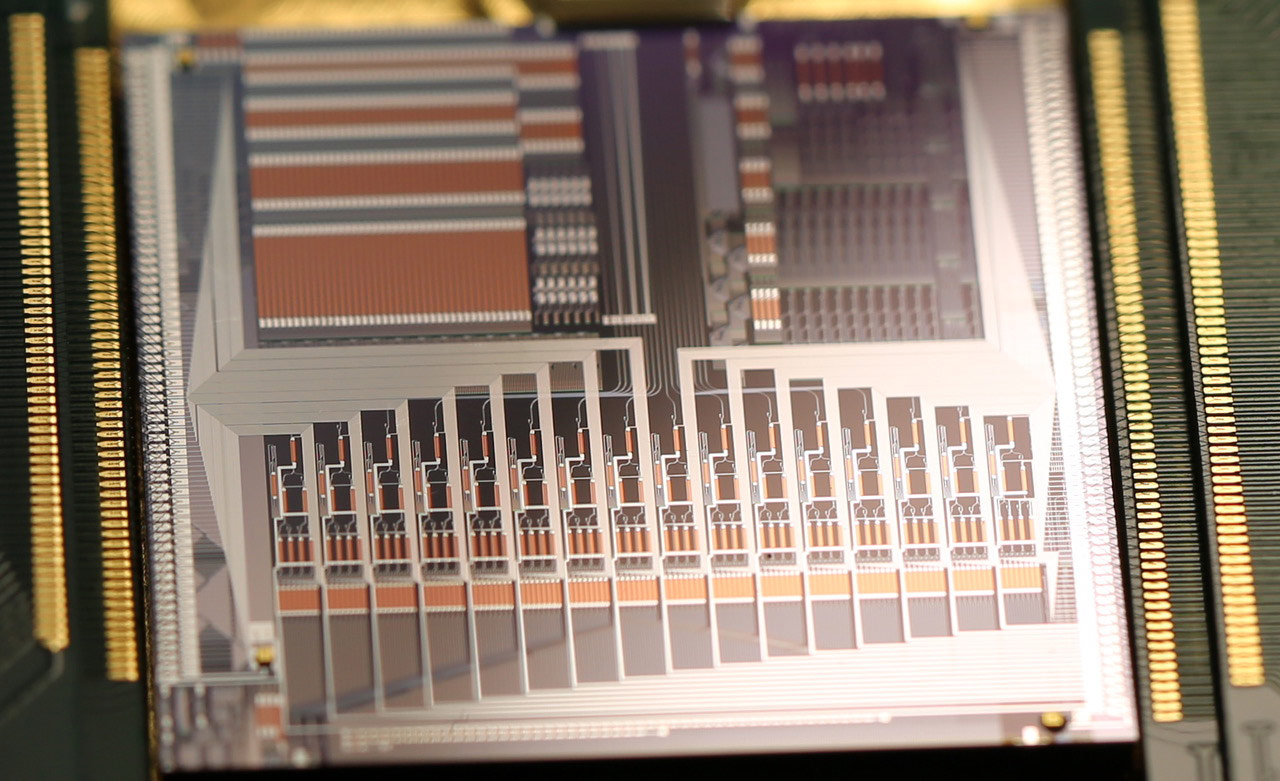News: Optoelectronics
24 November 2022
Scantinel raises €10m in Series A funding from PhotonDelta, Scania and ZEISS
Scantinel Photonics GmbH of Ulm, Germany, which was founded in 2019 and is developing frequency-modulated continuous wave (FMCW) sensing technology for light detection & ranging (LiDAR) solutions in autonomous mobility and industrial applications, has secured a €10m extended Series A round of funding backed by PhotonDelta and existing investors Scania Growth Capital and ZEISS Ventures. Scantinel will use the funding to roll out its FMCW LiDAR devices to customers.
LiDAR has more accuracy and precision in detecting objects and mapping than other solutions such as radar and RGB cameras. It is also more immune to interference. This makes it suitable for enabling autonomous driving, as well as within logistics — such as conveyor belts and autonomous cranes. However, LiDAR devices have previously been too large, expensive or difficult to produce to be practical alternatives.
By using photonic chips, Scantinel has developed its FMCW LiDAR solution, which has the power, affordability and mass production scalability to enable LiDAR to have broad application across industry and mobility. The technology delivers a detection range beyond 300m with superior resolution and solid-state scanning. Scantinel has signed a number of partnership agreements with major global automotive, mobility and industrial companies.
The investment by Netherlands-based PhotonDelta marks another step in its mission to build a European photonics ecosystem that researches, designs, develops and manufactures solutions with integrated photonics technology. In April, PhotonDelta secured €1.1bn in public and private investment to scale up production, build 200 startups, create new applications for photonic chips, and develop infrastructure and talent.
“Photonic chips are a next-generation chip technology which will bring new innovations like FMCW LiDAR on chip to life,” comments PhotonDelta’s CEO Ewit Roos. “We see the investment in Scantinel as a perfect fit to grow and strengthen our photonics ecosystem,” he adds.
“We are looking forward to maximizing the collaborations and benefits from PhotonDelta’s leading integrated photonics ecosystem,” comments Andy Zott, managing director & co-founder of Scantinel.
“The investments from our existing investors ZEISS Ventures and Scania Growth Capital, along with our new investor PhotonDelta, will accelerate our product development together with our customers and partners,” says Dr Michael Richter, managing director of Scantinel.

Since they integrate photonic functions into microchips to create smaller, faster and more energy-efficient devices, photonic integrated circuits (PICs) can sense, process and transmit data much more effectively than their electronic counterparts. As with traditional chips, the production process is carried out using automatic wafer-scale technology, allowing the chips to be mass-produced and hence reducing costs. Crucially, PICs can overcome the expected limit to Moore’s Law and will also help to tackle energy sustainability issues.
The biggest challenge in the automotive sector in the near future lies in the availability of affordable sensors to enable autonomous driving at various stages. With the advantages of photonic chips (weight, speed, cost), the possibilities for self-driving transport are increasing. This has positive implications for road safety and lost travel time is made available again, notes Scantinel. Photonics can also mean a lot for battery management in electric vehicles and the control of traditional cars. For the aircraft industry, the emphasis is on sensor systems, adds Scantinel.
PhotonDelta gains €1.1bn funding, including €470m from Netherlands’ National Growth Fund
PhotonDelta, TNO, Eindhoven and Twente collaborating on Photonic Integration Technology Center









